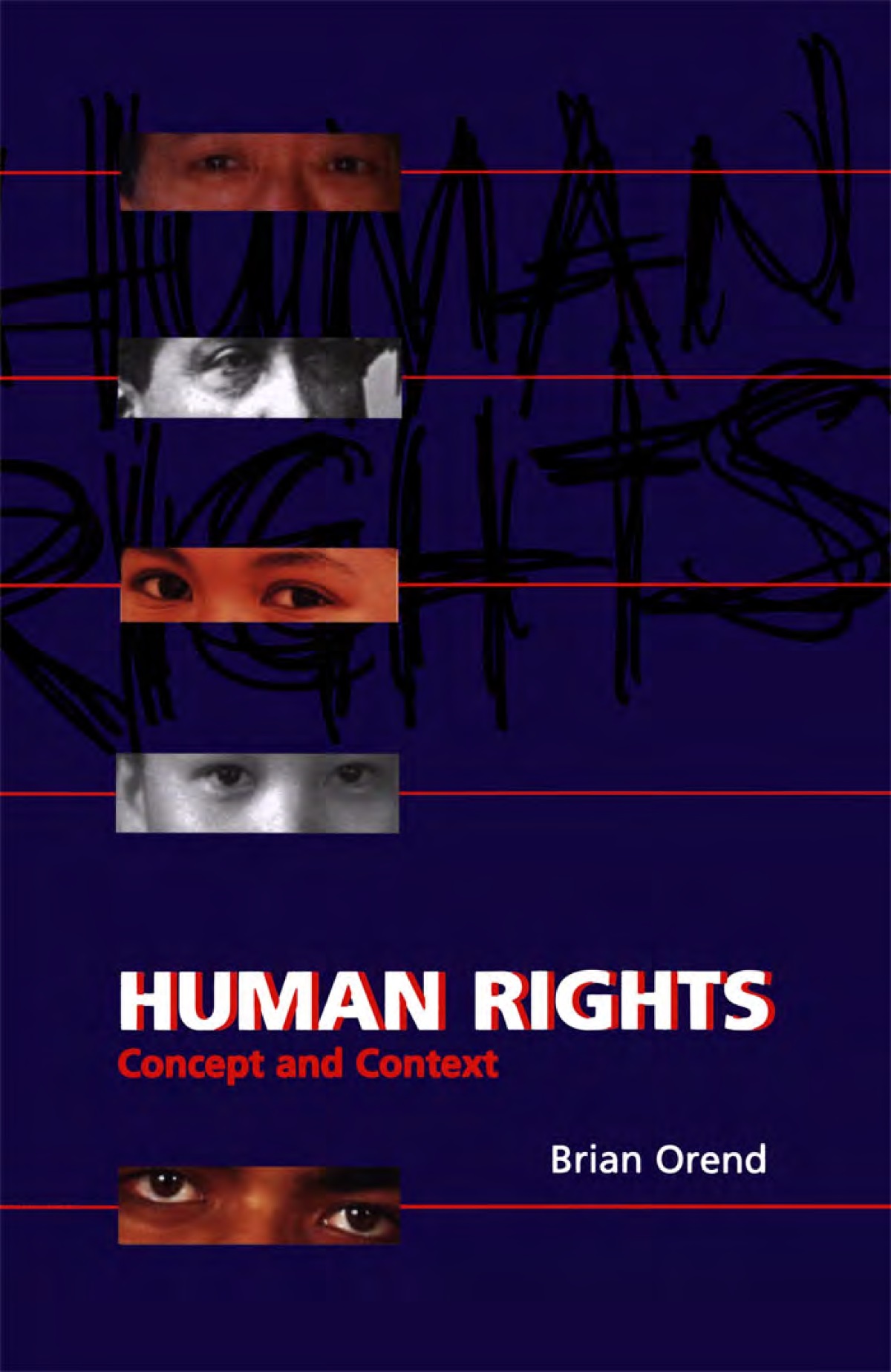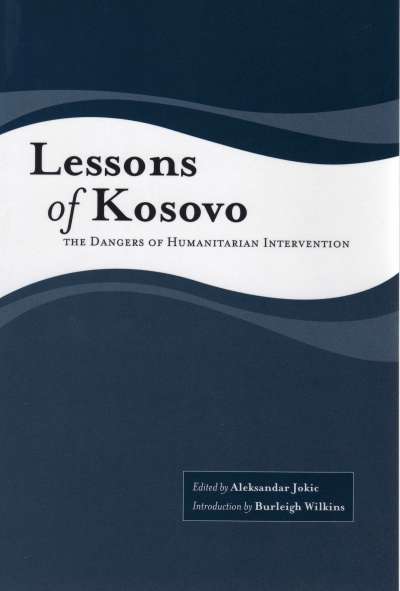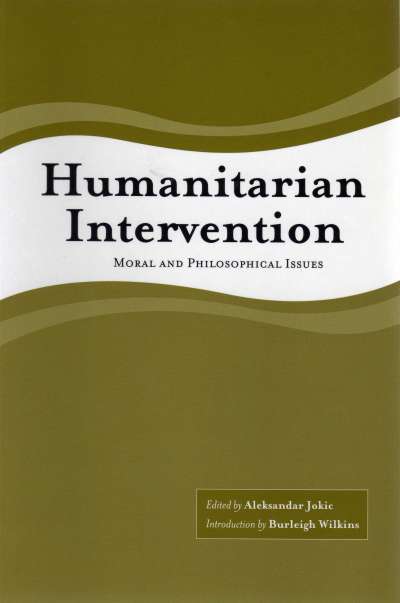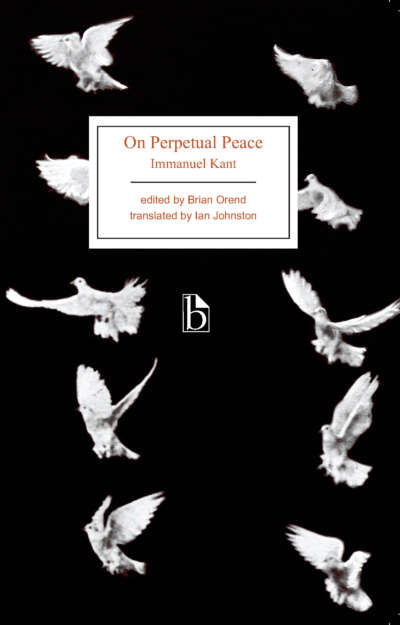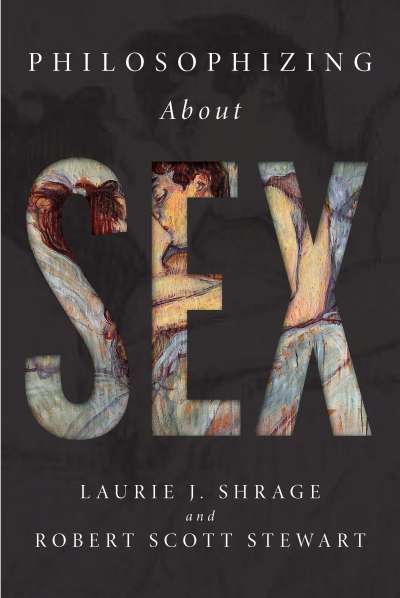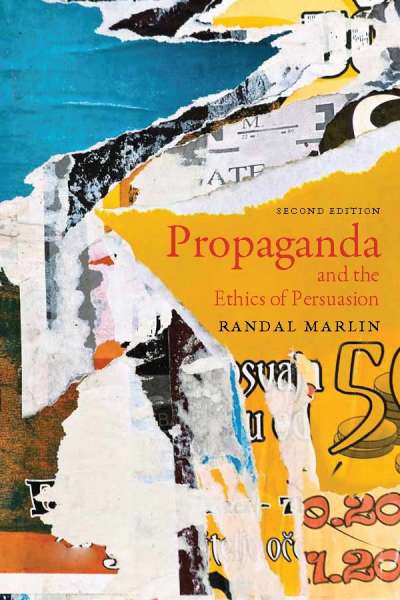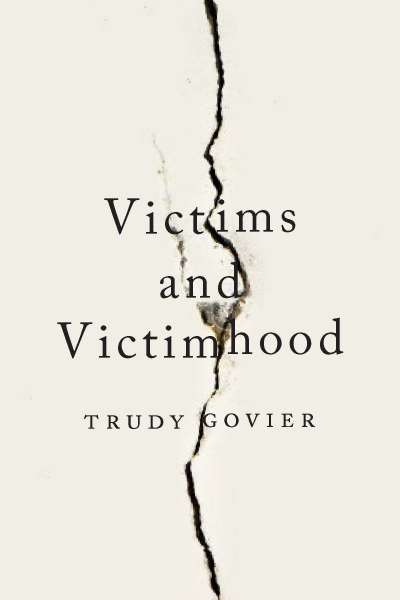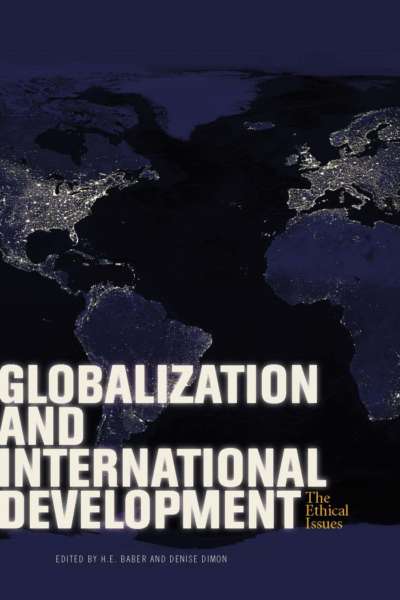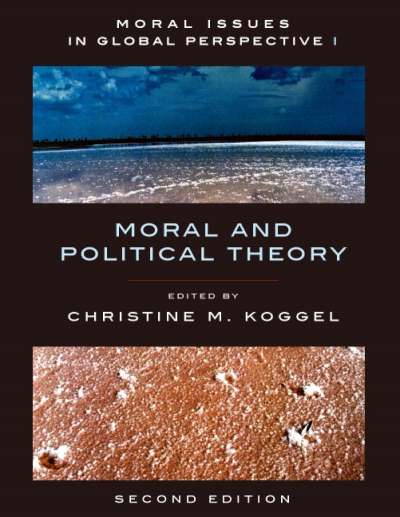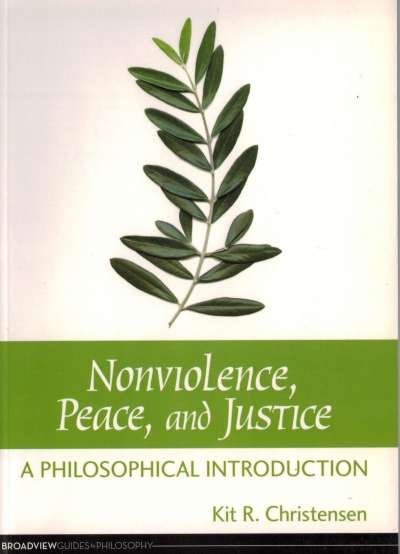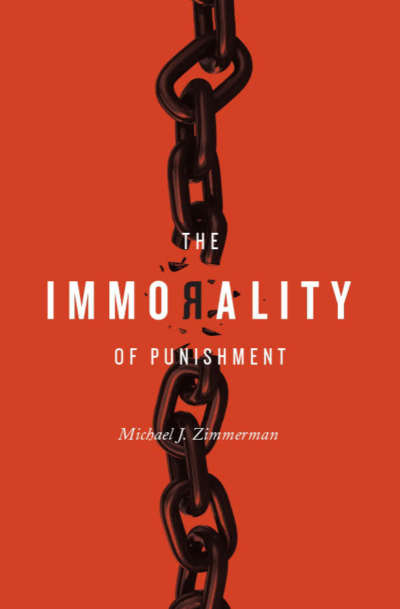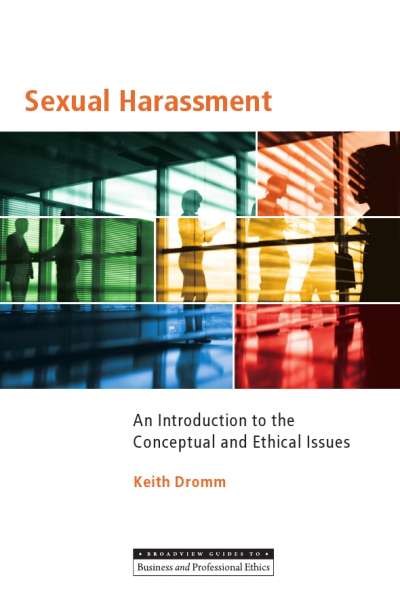Winner: 2002 Choice Outstanding Academic Title Award
What are human rights? What justifies us in believing we have them? What are rights-holders and duty-bearers? Who should bear the costs and responsibilities for making human rights real? Why have some criticized the human rights perspective? And how can those supportive of human rights best respond? These and other conceptual issues are discussed in full in the first part of this book. The second part offers a detailed account of how the human rights idea came to be such a powerful force in the contemporary world; it traces the evolution of human rights from their origins to their present position in our daily lives, in political struggles, and in both national and international law.
Comments
“Orend’s volume is a very interesting introduction to the philosophy and history of human rights, supplemented by useful documentary appendices and a guide to website sources. Orend has a lively way of introducing and explaining philosophical debates, using examples that would engage both undergraduate and graduate readers. An added feature is his discussions of Marxist, ‘Third World’, feminist, and communitarian criticisms of the principle of human rights.” — Rhoda E. Howard-Hassmann, McMaster University, author of Human Rights and the Search for Community and co-editor of International Handbook of Human Rights
“The clear style and broad coverage of Brian Orend’s Human Rights: Concept and Context will make it useful in teaching philosophical issues about human rights. This book makes a valuable contribution to the philosophy of human rights.” — James W. Nickel, University of Colorado, author of Making Sense of Human Rights
“In Human Rights: Concept and Context, Brian Orend provides us with a remarkably irenical analysis of the main concepts, debates and thinkers that have fleshed out the modern idea of human rights. His achievement lies in his ability to identify how all three have variously advanced the idea and, in Professor Louis Henkin’s language, have contributed to making this the Age of Rights. Orend does this by showing their positive contributions, illustrating how the ideas, debates and the thinkers have contributed towards the growing consensus, rather than by emphasizing their differences. … The language is especially lucid, making the debates and ideas accessible to ordinary readers.” — J. Paul Martin, Executive Director, Center for the Study of Human Rights, Columbia University

